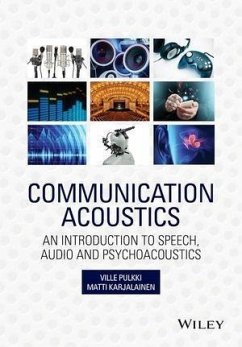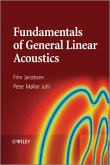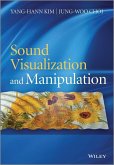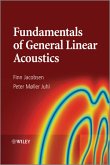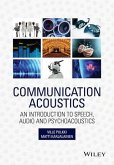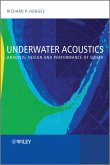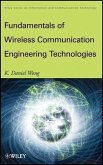In communication acoustics, the communication channel consists of a sound source, a channel (acoustic and/or electric) and finally the receiver: the human auditory system, a complex and intricate system that shapes the way sound is heard. Thus, when developing techniques in communication acoustics, such as in speech, audio and aided hearing, it is important to understand the time-frequency-space resolution of hearing. This book facilitates the reader's understanding and development of speech and audio techniques based on our knowledge of the auditory perceptual mechanisms by introducing the physical, signal-processing and psychophysical background to communication acoustics. It then provides a detailed explanation of sound technologies where a human listener is involved, including audio and speech techniques, sound quality measurement, hearing aids and audiology. Key features: * Explains perceptually-based audio: the authors take a detailed but accessible engineering perspective on sound and hearing with a focus on the human place in the audio communications signal chain, from psychoacoustics and audiology to optimizing digital signal processing for human listening. * Presents a wide overview of speech, from the human production of speech sounds and basics of phonetics to major speech technologies, recognition and synthesis of speech and methods for speech quality evaluation. * Includes MATLAB examples that serve as an excellent basis for the reader's own investigations into communication acoustics interaction schemes which intuitively combine touch, vision and voice for lifelike interactions.
Dieser Download kann aus rechtlichen Gründen nur mit Rechnungsadresse in A, B, BG, CY, CZ, D, DK, EW, E, FIN, F, GR, HR, H, IRL, I, LT, L, LR, M, NL, PL, P, R, S, SLO, SK ausgeliefert werden.

